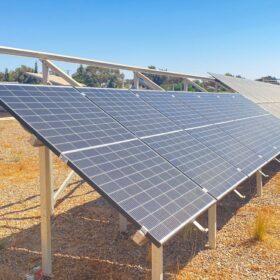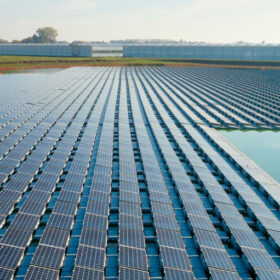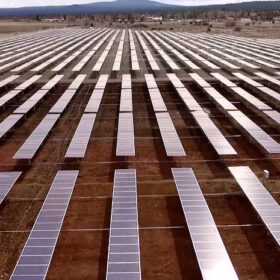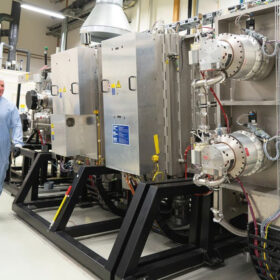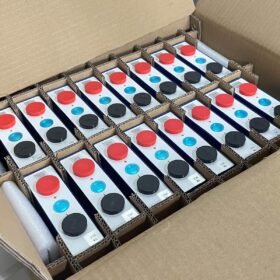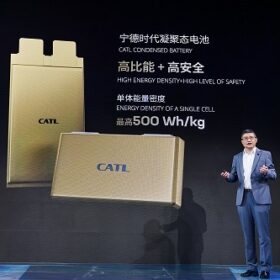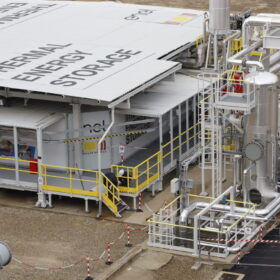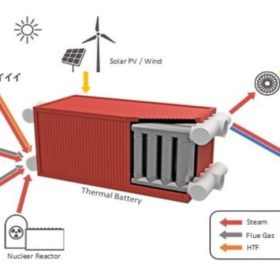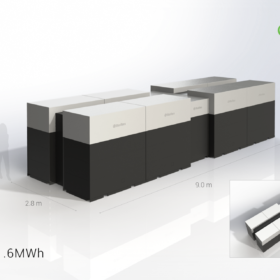Anti-soiling PV coating delivers 3% boost in energy production
A study conducted in the semi-arid weather conditions of Ben Guerir, Morocco, evaluated the performance of antistatic and hydrophobic coatings for photovoltaic solar panels. After nine months of operation, the PV panels with coatings developed by Portuguese company ChemiTek produced an average of 3% more energy than the uncoated ones.
Annual floating solar additions to top 6 GW by 2031, says WoodMac
The global floating solar (FPV) market is expected to keep up its steady growth, as the Asia-Pacific region continues to lead demand.
Energy majors dominate list of world’s leading big PV developers
Wiki-Solar’s latest league table of utility-scale solar project developers shows that only six renewable specialists occupy the top 20 spots.
First Solar acquires Swedish perovskite specialist Evolar
First Solar has agreed to pay $38 million to buy Swedish manufacturing startup Evolar AB, as it seeks to expand development of high-efficiency tandem PV tech.
Lithium-iron phosphate prismatic battery cells with energy density of 138 Wh/kg
Chinese energy storage company Imren Battery has introduced its new EVE LF105 lithium-iron phosphate (LFP) prismatic battery cells, which can be used in a wide range of applications, including EVs, renewable energy storage, and other applications.
CATL launches 500 Wh/kg condensed matter battery
Chinese battery industry heavyweight CATL has unveiled a novel condensed matter battery technology with an energy density of up to 500 Wh/kg. The company said it can achieve mass production within this year.
Rock-based thermal energy storage production moves into gigawatt scale
Israeli company Brenmiller is set to launch a 4 GW to 5 GW production line for its thermal energy storage systems, which use crushed rocks to retain heat that can be released as steam, hot water, or hot air.
New thermal battery offers fast, efficient performance at low cost
US engineers have built a scalable thermal energy storage prototype system that combines the best latent and sensible heat transfers. The technology, which is now market-ready after three years of testing, consists of engineered cementitious materials and thermosiphons in a combination that enables fast, efficient thermal performance at low cost.
China’s polysilicon imports fell by 23% in 2022, says Bernreuter Research
After an interim high in 2021, polysilicon imports into China fell again in 2022, but the country’s share in global output still came close to 90%, according to a new report by Bernreuter Research.
Lithium sulfur flow battery with 250 Wh/L energy density
Edinburgh-based energy storage solutions specialist StorTera has developed a long-duration, energy-dense, lithium-sulfur-based single liquid flow battery (SLIQ). The tech is said to last for 30 years with minimal degradation.

